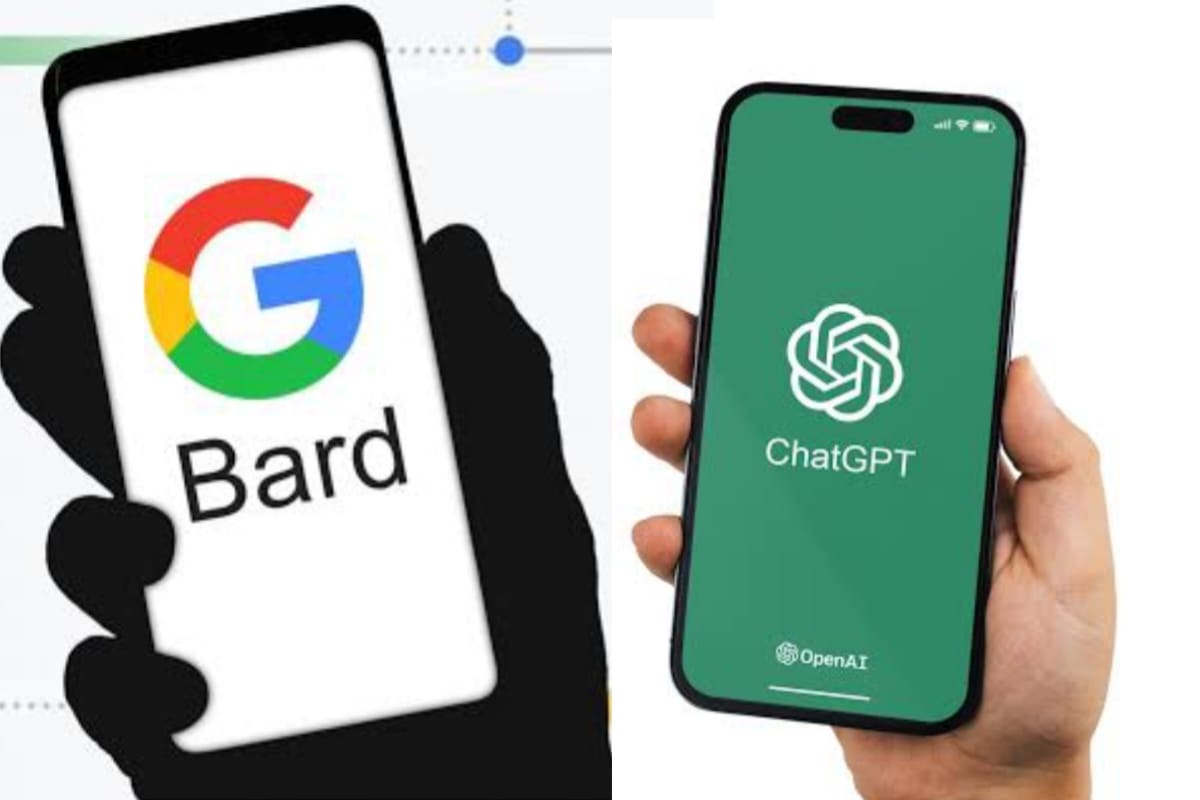Google Bard vs ChatGPT: Following the successful launch of ChatGPT by OpenAI on November 30, 2022, individuals started seeking for applications of AI technology and content generation for commercial, academic, and personal usage. However, on March 21, 2023, Alphabet, Google’s parent company, introduced Bard, a conversational AI chatbot that is an answer to ChatGPT, after realising how successful ChatGPT is. As the Google Bard can do similar tasks like the ChatGPT but even after these similarities both the AI-powered chatbots are much different from each other. And we are here to explain the difference between these AI-powered chatbots.
Both are made for different purposes
Bard was designed for study. ChatGPT works better for content generation, particularly when data is provided, like in the case of summarising an article. Users can inquire about current conditions, including the weather, using Bard’s ability to handle real-time data.
How can you use them?
Bard generates content in larger chunks whereas ChatGPT generates content in a single text prompt. While ChatGPT accepts any email account, Bard requires a Google account for users to log in.
Google Bard vs ChatGPT: Both have different data sources
The data source is the primary distinction between Bard and ChatGPT. Bard is updated with the most recent information since it continuously pulls data from the internet. ChatGPT’s access to more recent studies and data is restricted because its sources stop with data from 2021. Bard gets access to the most recent research, giving him additional data to obtain information in real time. Bard employs Palm 2, the newest language model from Google. ChatGPT employs GPT-3.5 technology; ChatGPT Plus, a premium version, offers GPT-4 technology.
Google Bard vs ChatGPT: Both can save your data
All prompts and questions entered into ChatGPT are stored, regardless of the topic or subject. Because users have the option to evaluate past discussions, the chatbot is also able to review these conversations. While individual chats can be ended, it’s possible that the data from such exchanges has already been taken out and added to the larger language model that will be used to train the chatbot. This implies that entering confidential or personal data may raise privacy concerns. Users can modify this to three or 36 months in their Bard Activity settings. Google retains their Bard talks in their Google account for a maximum of eighteen months. Search results for Google Bard chats may also include information about privacy concerns.
Keep watching our YouTube Channel ‘DNP INDIA’. Also, please subscribe and follow us on FACEBOOK, INSTAGRAM, and TWITTER










